Current Undergraduate Courses
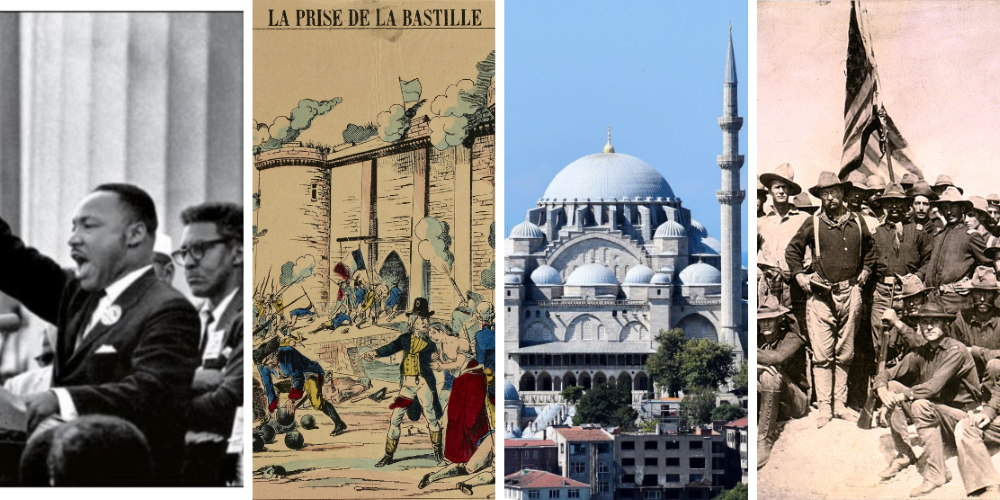
See course descriptions below or contact Kathy Lillich, Academic Advisor, for more information about course specifics.
Interested in a History Minor? It takes fewer than one course per semester! Check out our History Minor page for more information. The Department also offers a Grand Strategies Certificate with interdisciplinary classes for interested students.
Fall 2026 Course Descriptions
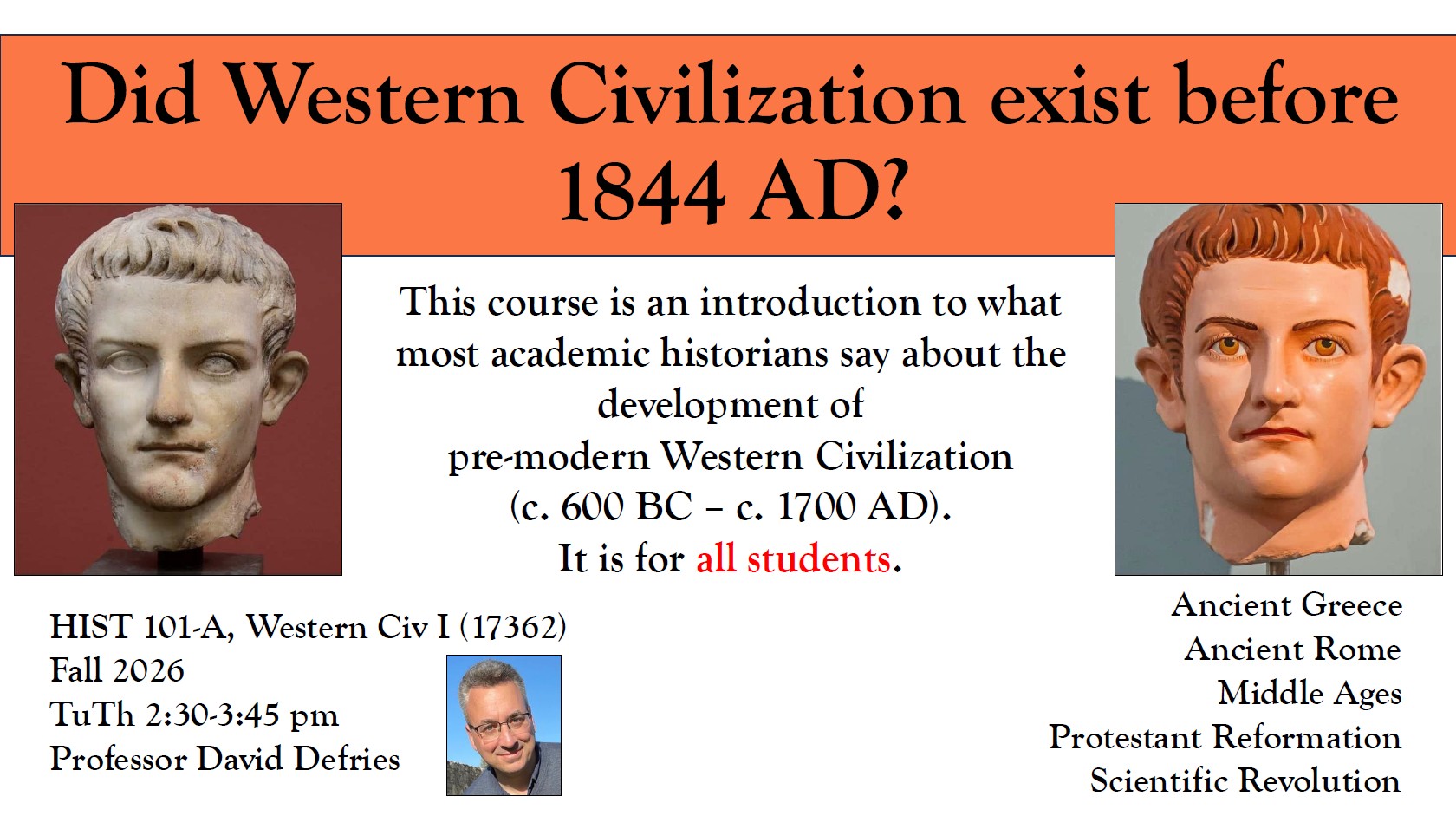 |
HIST 101: Western Civilization I: Ancient Greece to Early Modern Europe Taught by Dr. David Defries Did Western Civilization exist before 1844 AD? This course is an introduction to what most academic historians say about the development of pre-modern Western Civilization (c. 600 BC - c. 1700 AD). It is for all students. |
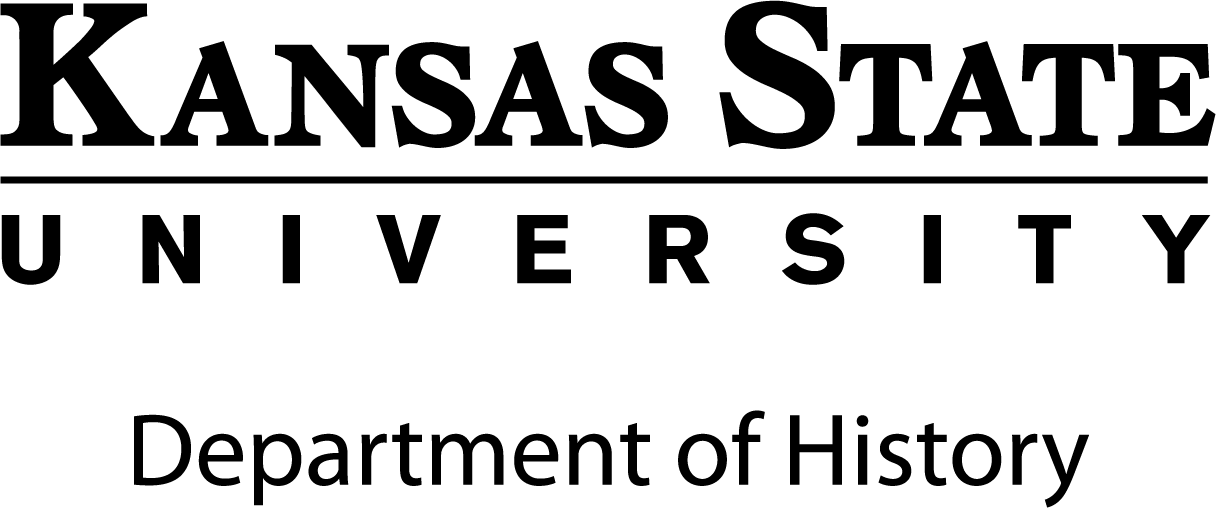 |
HIST 102: Western Civilization II: Europe in the Modern World Taught by Charles Zambito, GTA Principal developments since the beginning of the eighteenth century. Scope includes the Enlightenment, the French Revolution, the Industrial Revolution, nationalism, imperialism, communism, fascism, the two world wars, the Holocaust, and Europe during and after the Cold War. Chronological and topical emphases vary with individual sections. |
 |
HIST 111: World History to 1450 Taught by Dr. David Graff Major developments in the history of the world from the earliest civilizations to the eve of European expansion in the fifteenth century. Major topics include the origins of civilization in different parts of the world, the emergence of foundational philosophies and belief systems, the rise and fall of empires, and the increasing contact and integration between world regions as a result of trade, conquest, pilgrimage, and exploration. Particular attention will be devoted to comparison of key developments, conditions, and trends across continents and civilizations. |
 |
HIST 112-A: World History from 1450 (First Year Seminar) Taught by Dr. Eric Brandom Major trends in the history of the world from the 15th century to the present. Global patterns of contact, mutual influence, and interdependence. |
 |
HIST 112-B: World History from 1450 Taught by Dr. Nadia Oweidat Major trends in the history of the world from the 15th century to the present. Global patterns of contact, mutual influence, and interdependence. |
 |
HIST 151-ZB: History of the United States to 1877 (course runs 10/19/26-12/18/26) Taught by Dr. Ginette Aley In this course we will consider the history of the United States from the Columbian and pre-contact eras with native peoples to the era of America’s Civil War and Reconstruction by way of themes and perspectives, paying particular attention to rising political tensions as well as the fundamental importance of America’s rural and agrarian past. Another objective is to continually consider the question: How did Americans experience this period in our history? As we do this we must strive to differentiate these experiences by such factors as race, gender, ethnicity, and region. In other words, the American experience has not been an undifferentiated one, and it is our job to identify the major differences and then try to understand why this has been so. Critical thinking is a crucial skill. |
 |
HIST 151-D: History of the United States to 1877 Taught by Dr. Kristen Epps The goal of this course is to gain a basic understanding of the main events, ideologies, and political and social movements that shaped the region that is now the United States from the pre-contact period through Reconstruction. |
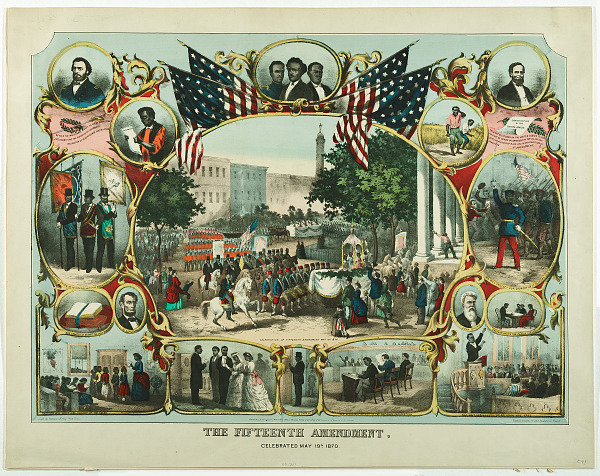 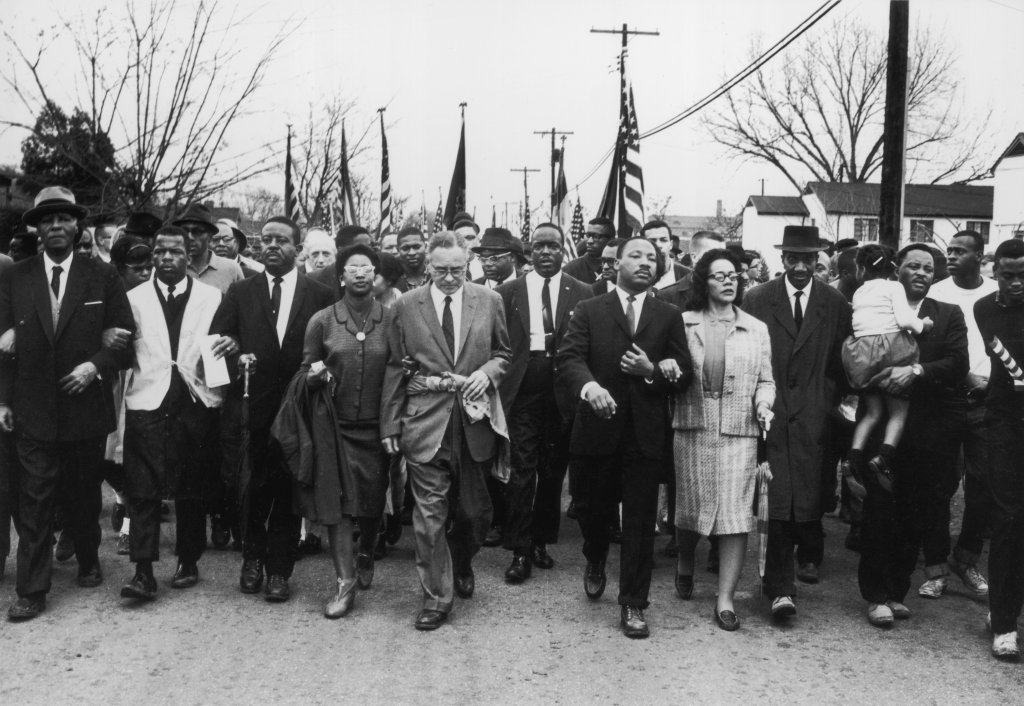 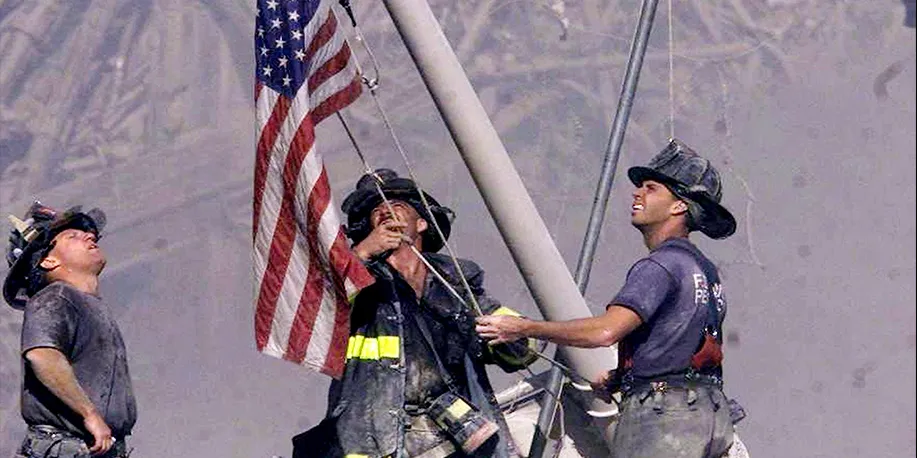 |
HIST 152-A: History of the United States Since 1877 Taught by Dr. Michael Krysko This course is an introductory survey to American history since 1877. Beginning with the end of the post-Civil War Reconstruction era, we will examine an array of historical events, developments, issues, and trends that continue to influence the world we live in today and the individuals we have become. We will devote considerable attention to numerous historical subjects following the difficult reunification of the U.S. after the Civil War, including: the rise of the modern Democratic and Republican parties, segregation, the economic transformation of the 19th century, the rise of mass consumption and consumerism, education, the Depression, foreign relations (esp. late 19th century imperialism and the wars of the 20th century), the Civil Rights movement, and modern feminism. In the process, I hope you will begin to see how a world we often take for granted is a product of countless decisions made by others who came before us, and that the relationships between peoples, cultures, and nations in this historical past have exerted a tremendous influence over the lives we are able to lead in the 21st century. |
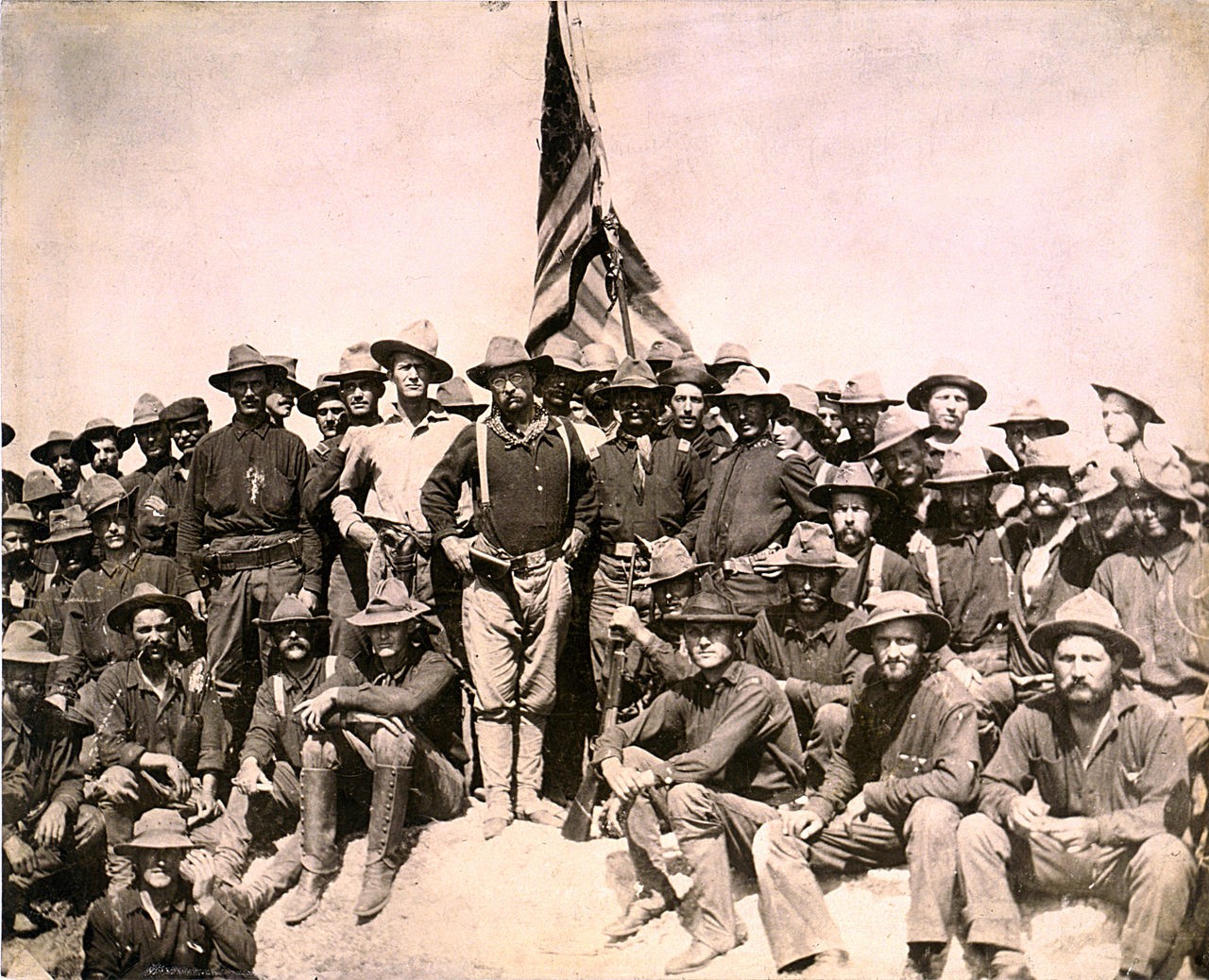 |
HIST 155: Introduction to US Military History Taught by Dr. Andrew Orr The United States is a nation forged in war, which makes it critical for students to engage with military history in order to gain an understanding of their country’s history. In this class, we will look at American military history since 1775 and ask two overarching questions: What role has the United States played in war? And, conversely, how has conflict shaped the United States? Military history is a vibrant field that has been evolving to encompass an ever-growing range of studies tied to the armed forces, conflict, and wartime. In addition to operational warfare, military history looks at the ways that nations, institutions, societies, and people prepare for, wage, or recover from war. This class will thus integrate both traditional operational history and larger questions connecting war and society. |
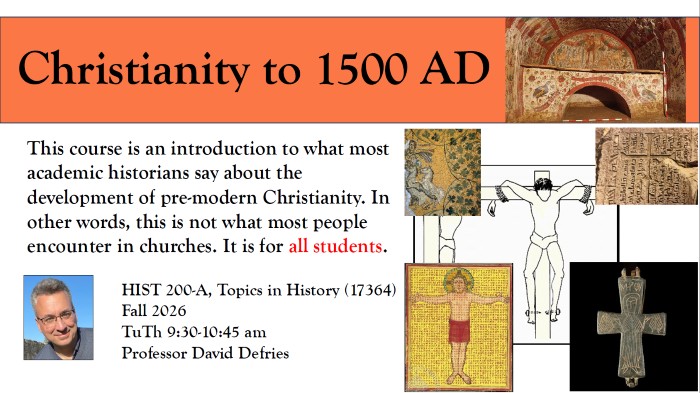 |
HIST 200: Topics in History for Freshmen and Sophomores: Christianity to 1500 AD Taught by Dr. David Defries This course is an introduction to what most academic historians say about the development of pre-modern Christianity. In other words, this is not what most people encounter in churches. It is for all students. |
 |
HIST 300-A: Introduction to Historical Thinking Taught by Dr. Phil Tiemeyer This course provides history majors and other students with an introduction to the ideas, concepts, and skills required to earn a history degree. Enrollment in HIST 300 is open to all interested students; requires Departmental permission to enroll. |
 |
HIST 300-B: Introduction to Historical Thinking Taught by Dr. Nadia Oweidat This course provides history majors and other students with an introduction to the ideas, concepts, and skills required to earn a history degree. Enrollment in HIST 300 is open to all interested students; requires Departmental permission to enroll. |
 |
HIST 301-A: Topics in History: Modern Middle East, 1500-1914 Taught by Dr. Nadia Oweidat From the 16th century until the Great War, three powers defined the destiny of the Middle East and North Africa: the Ottoman Empire, the Safavid Empire, and the Arabic-speaking world. This course investigates the origins of that dominance and how it transformed the region. |
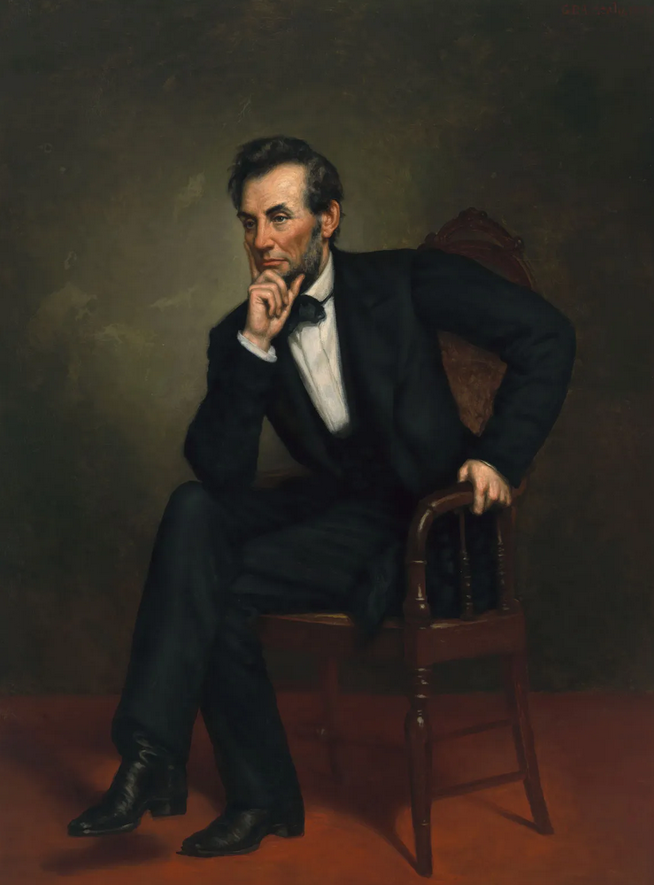 |
HIST 301-ZA: Topics in History: Lincoln and His Times Taught by Dr. Ginette Aley This course provides an historical introduction to Abraham Lincoln's life and writings as reflections of the most tumultuous time in U.S. history. We will also consider how his perspective and concerns about the country's political divisions offer meaningful insight today. Image: Abraham Lincoln, oil on canvas by George Healy, 1887; in the National Portrait Gallery, Smithsonian Institution, Washington, D.C.
National Portrait Gallery, Smithsonian Institution, Washington, D.C.; gift of the A.W. Mellon Educational and Charitable Trust, 1942 (object no. NPG.65.50)
|
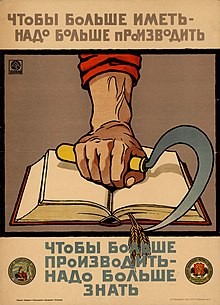 |
HIST 301-B: Topics in History: The Soviet Union Taught by Dr. Brent Maner Where did the Soviet Union come from and what made it tick?? In this course, we’ll examine:
|
 |
HIST 301-ZB: Topics in History: Ben Franklin and His Era (course meets 10/19/26 - 12/18/26) Taught by Dr. Louise Breen It’s 2026, the nation’s 250th birthday! Learn about the life and legacy of one of our most energetic and charismatic founders, Ben Franklin. We will focus on Franklin’s role in the Revolution, his contributions as an Enlightenment thinker, and the complexities of his personal life during a time of profound social, political and religious change. |
 |
HIST 301-C: Topics in History Taught by Dr. Suzanne Orr |
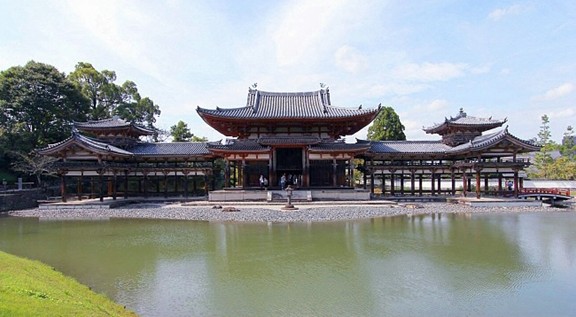 |
HIST 330: History of East Asian Civilizations Taught by Dr. David Graff This course introduces the history of East Asia from earliest times to the present, with primary attention to China and Japan. The course is designed not only to familiarize students with the broad outlines of East Asian history, but also to provide a basic introduction to the traditional civilizations of China and Japan, including major developments in religion, philosophy, literature, and the arts. Readings emphasize Chinese and Japanese literature in translation as a means of exploring the social structures, beliefs, and values of earlier times. The last three weeks of the course are devoted to an examination of the impact of Western imperialism and globalization in East Asia. No previous knowledge of East Asian history or culture is required. |
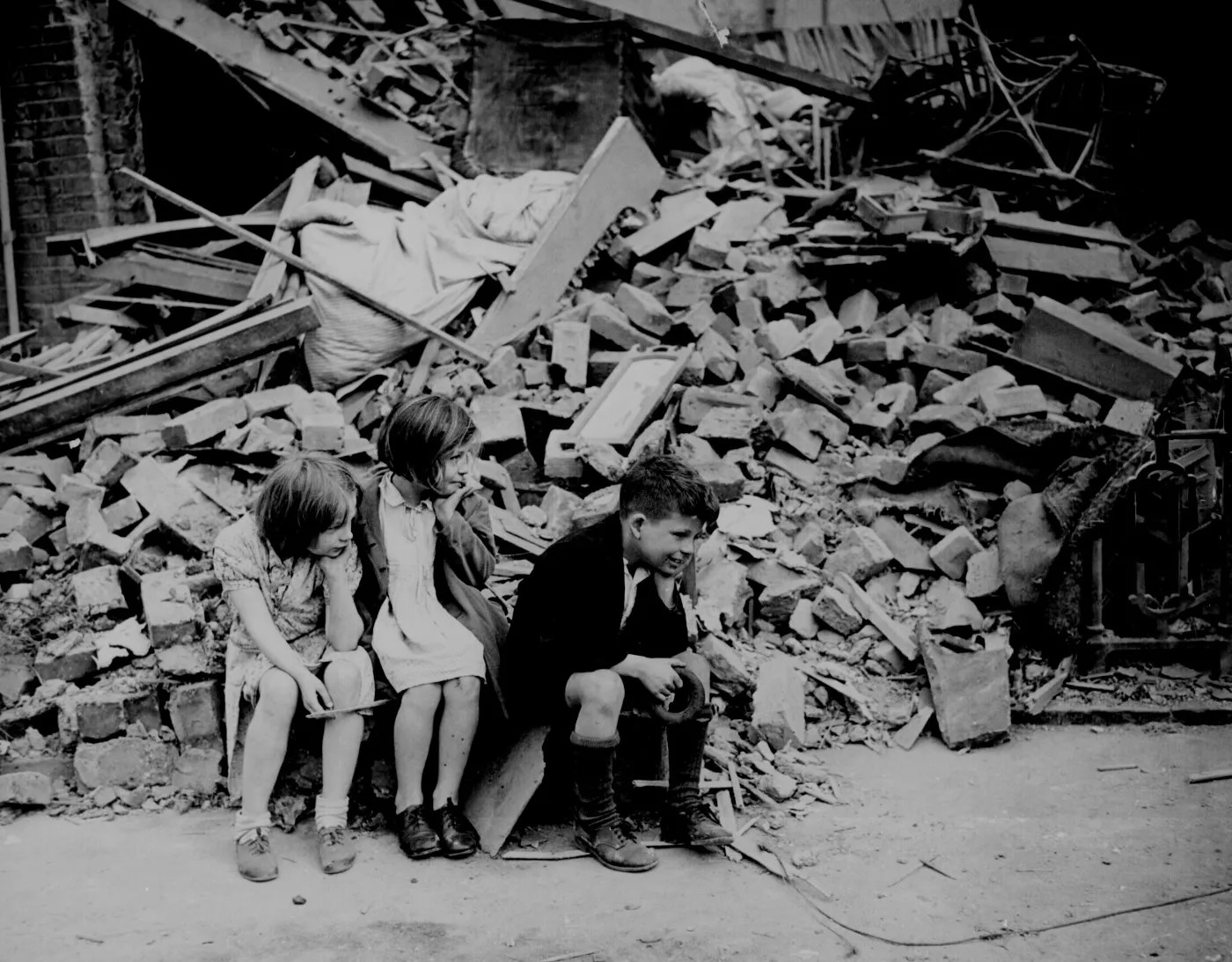 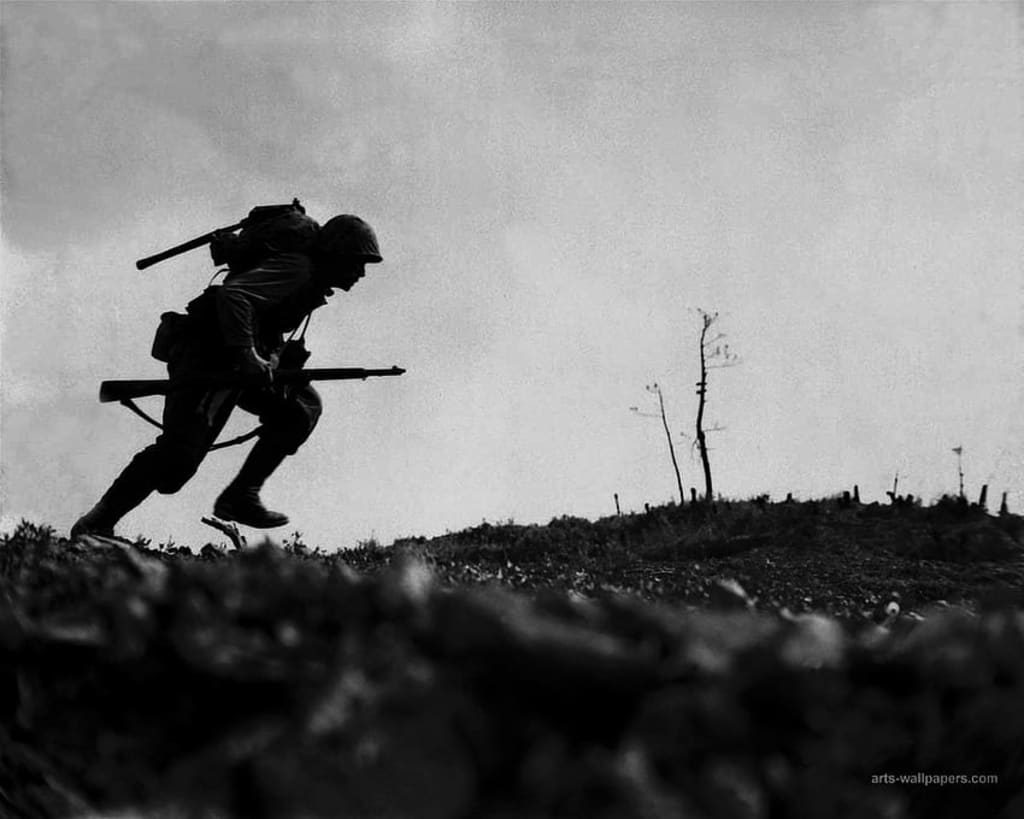 |
HIST 363: A World in Flames: Global World War II Taught by Zane Whitney (GTA) Moving beyond the American and Eurocentric narratives, this course discusses the wars beginning and challenges the standard 1939 start date for the Second World War. Examining the wars expansion from Asia into Europe, Africa, the Middle East, and the great Pacific region, A World in Flames, brings a global analytical lens to World War II to understand the impacts still felt into the present era. |
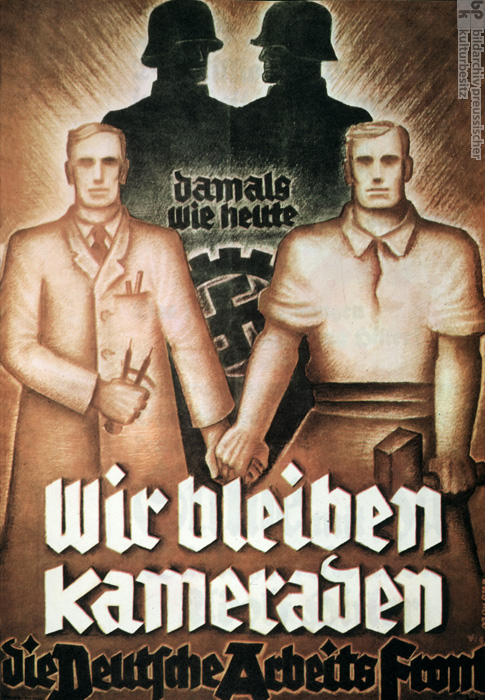 |
HIST 388: Nazi Germany & the Holocaust Taught by Dr. Brent Maner This course examines Germany’s turbulent history from 1918 to 1945. We will study the rise of the Nazi party as part of the transformation of political life after World War I. Then we will examine the effects National Socialist policies had on politics, society, and culture during the Third Reich. We will consider war and violence as central components of the Nazi world view that manifested themselves in World War II and the Holocaust. Image: "Then as Now, We Remain Comrades": A propaganda poster claims that Nazi society will keep the bonds forged during WWI alive in a society that provides work for all (May 2, 1933) |
None.
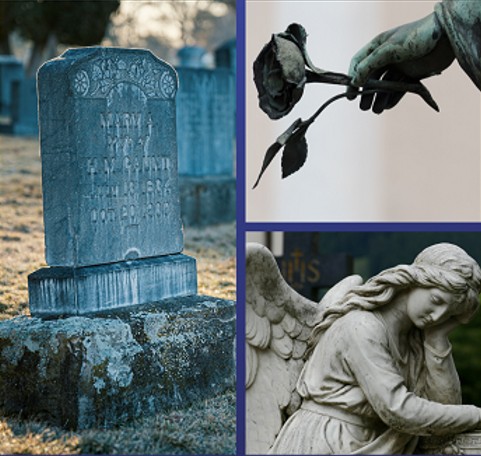 |
HIST 520: Death and Dying in History Taught by Dr. Heather McCrea Resting firmly on the premise that attitudes and practices concerning death and dying reflect broader cultural values and changes, the aim of this course is to: (a) familiarize students with attitudes and practices about death and dying in various geographical locations and historical periods, and (b) to undertake study of selected topics, such as epidemics and pandemics, death rituals, the business and planning of death, "good" and "bad" death, mourning and grief. Group discussion and the exchange of ideas rather than lectures will be the primary form of learning. |
 |
HIST 523: History of the Occult and Witchcraft Taught by Dr. Heather McCrea This course explores the history of magic, witchcraft, and the occult across Europe, the Americas, and beyond. Students examine how supernatural belief shaped explanations for illness, misfortune, and social disorder. Using vivid primary sources—from trial transcripts and medical writings to colonial records and popular culture—the course shows how ideas about witchcraft influenced family life, social roles, systems of classification, religious authority, and state power. Far from marginal superstition, the occult emerges as central to how societies understood bodies, knowledge, and justice in the past. |
 |
HIST 525: Colonial America Taught by Dr. Louise Breen |
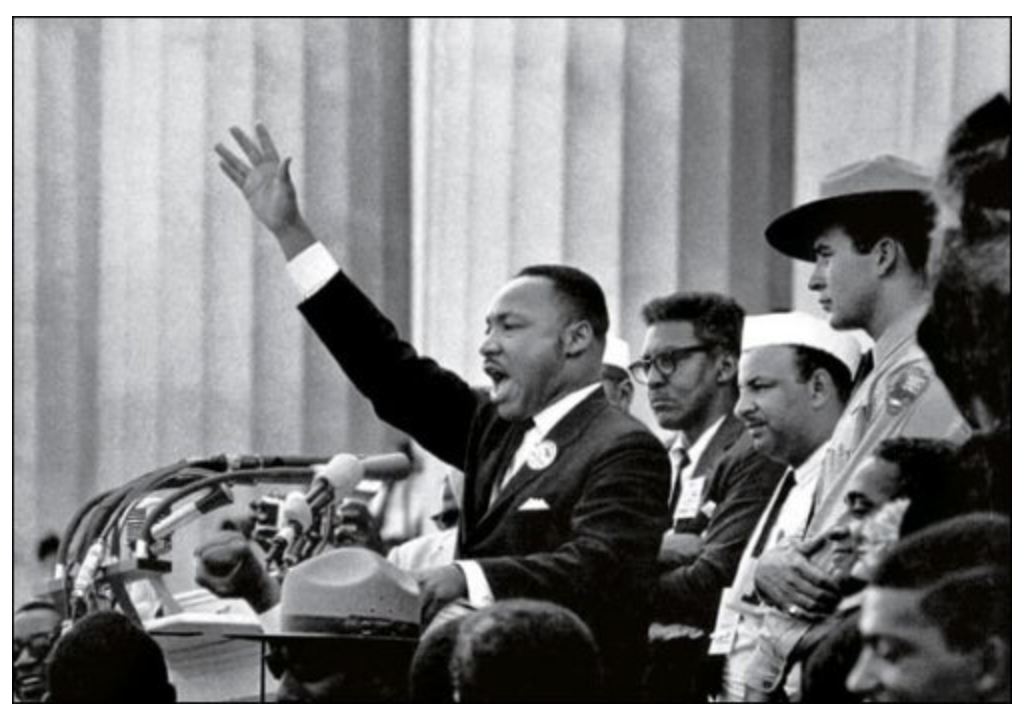 |
HIST 531: The United States in the Twentieth Century Taught by Dr. Phil Tiemeyer When the 20th century began, the United States was militarily uncompetitive with European countries and politically disengaged from large parts of the world. At home, racial segregation was the legal norm, and women could not aspire to the same opportunities as men. When the century ended, however, all of this—and so much more—had changed. How and why? This course addresses these crucial questions while examining how the US in the 20th century became a global power and, at times, a beacon of personal freedom. |
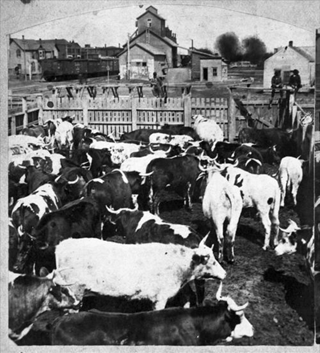 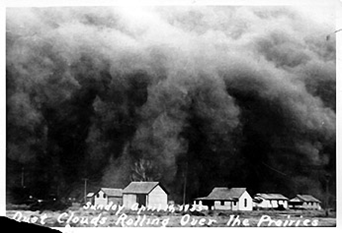  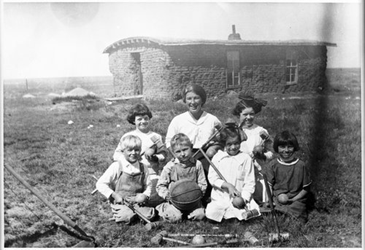  |
HIST 558: History of Kansas Taught by Dr. Kristen Epps This course will give you a basic understanding of the main events and movements that shaped the history of Kansas from the prehistoric period to the present day. However, and perhaps more importantly, this course will also connect Kansas history to our nation’s history as a whole. Although Americans living on the East Coast or West Coast may deride Kansas as a backwater haven of conservatism, the Sunflower State has in fact played a central role in nationally significant events and movements such as Indian removal, the sectional conflict leading up to the Civil War, women’s suffrage, Prohibition, desegregation of public schools, and the growth of industries (such as aeronautics). As Kansas senator Arthur Capper once said, Kansas has been “in many respects the political and economic experiment station of the American people.” In addition, this course focuses on introducing you to the work of historians and giving you skills essential to a variety of disciplines within the arts and sciences (besides just history). |
 |
HIST 586: Advanced Seminar in History Taught by Dr. Eric Brandom This course focuses on developing the skills, techniques, and methods required to research and complete a major research project (what in former times would have been called your college "thesis"). HIST 586 has broad organizing topics, e.g., Nineteenth-Century America or Imperialism. You will research a subject consistent with the broader topic of your particular 586. The exact form of the final product varies by professor, but a 25-page research paper is typical. Your research paper will not merely offer a narrative history or explanation of your topic but instead will present and support a new perspective and argument that differs significantly from currently existing scholarship. First, you will be adding to historical knowledge through a new interpretation of your topic. Second, the sources you employ in preparing your paper will be mainly primary sources: documents produced by the historical actors involved. Third, you will drive much of the class's content and discussion. For example, in many 586 courses, you will prepare a PowerPoint presentation of your penultimate draft and will be responsible for formal critiques of your classmates' work. |
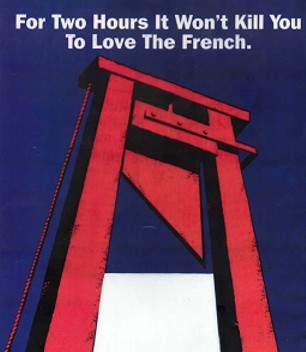 |
HIST 595: French Revolution, 1789-1815 Taught by Dr. Eric Brandom This discussion-based class explores the history of the French Revolution, from the King’s decision to call the Estates General in 1788 through to the destruction of Napoleon’s Europe-wide empire. We will use primary source texts, images, and music, as well as selected recent scholarship, to explore the profound transformations worked in these years and the new possibilities opened – including early arguments over the rights of women and the contemporaneous Haitian Revolution. |
**Course descriptions will be updated regularly through March 2026.**
Summer 2026 Course Descriptions
 |
HIST 112-ZA: World History from 1450 Taught by Zane Whitney, GTA This course will provide an understanding of the processes that have shaped the modern world. It traces the developments that reorganized peoples, reshaped cultures, and generated new economies because of the interaction between major world regions from 1450 to the Present. The course will focus primarily on non-Western regions and their participation in the global networks resulting from mercantile expansion, the Industrial Revolution, imperialism, nationalism, and their legacies in the post-colonial period. |
 |
HIST 152-ZA: History of the United States Since 1877 (class meets 06/01/26 - 07/24/26) Taught by Dr. Ginette Aley |
None.
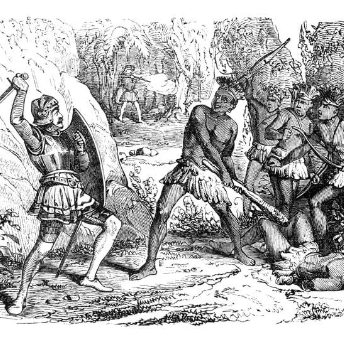 |
HIST 333-ZA: War and Conquest in Hispanic America (class meets 06/01/26 - 06/26/26) Taught by Dr. Heather McCrea Explore the fascinating history of Europe's conquest of Hispanic America in an accelerated 4-week online summer course. Students will read works by conquistadors of the Hispanic world - Cortes, De Soto, Cabeza de Vaca, Coronado and the Pizarro brothers. Online materials integrate video lectures, discussion boards, film clips and other readings. |
None.
Spring 2026 Course Descriptions
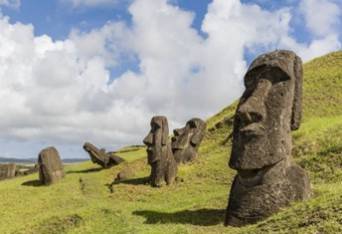 |
HIST 111 - World History to 1450 Taught by Dr. David Graff This course provides an overview of major developments in the history of the world from the appearance of the earliest civilizations some five thousand years ago to the eve of European expansion in the fifteenth century. Major topics include the origins of civilization in different parts of the world, the emergence of foundational philosophies and belief systems, the rise and fall of empires, and the increasing contact and integration between world regions as a result of trade, conquest, pilgrimage, and exploration. Particular attention will be devoted to comparison of key developments, conditions, and trends across continents and civilizations. |
|
HIST 112 A - World History from 1450 Taught by September Gering, GTA This course explores the major developments across Asia, the Americas, Europe, and Africa. From the expansion of the Ottoman Empire to the modern day, it introduces the rise and fall of empires over the last 500 years. The culture, arts, religions and philosophies of these civilizations will also be explored. |
|
|
HIST 151 A - History of the United States to 1877 Taught by Damon Penner, GTA |
|
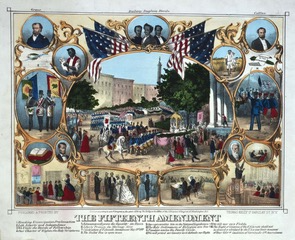 |
HIST 152 A - History of the United States Since 1877 Taught by Dr. Andrew Orr This course provides a comprehensive survey of U.S. history from the end of Reconstruction to the present day. Students will explore key political, social, economic, and cultural developments that shaped modern America, including industrialization, the rise of the United States as a global power, the World Wars, the civil rights movement, and the complexities of contemporary American society. Through critical readings and discussions, students will examine themes such as race, class, gender, and immigration, gaining insight into the forces that continue to shape the nation's identity and its role in the world. |
|
HIST 152 ZA - History of the United States to 1877 Taught by Dr. Ginette Aley |
None.
|
HIST 300 A - Introduction to Historical Thinking Taught by Dr. Eric Brandom This is a course on the historiography of history. Historiography is the study of the philosophy and history of history. Essentially, we study how ideas about how to write history have changed from the ancient Greeks until the present, with a strong emphasis on how the dominant trends in philosophy in the West have influenced historiography. All majors are welcome! |
|
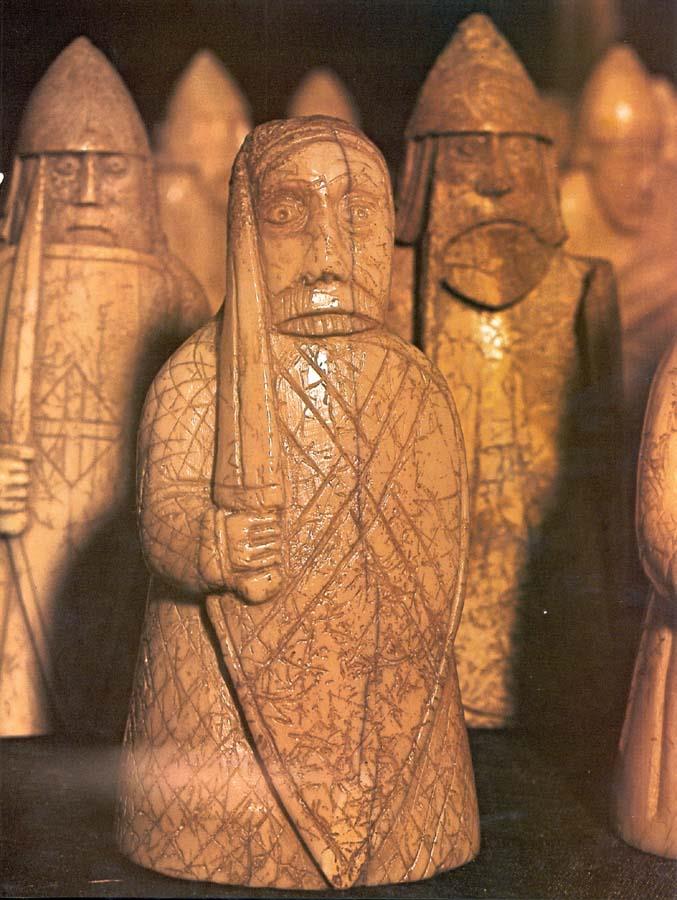 |
HIST 301 A - Topics in History: Vikings Taught by Dr. David Defries This course is an introduction for all students. We will consider the development and impact of the Scandinavian sailors known as Vikings on medieval Europe over roughly four centuries. Topics will include Viking piracy and trading from Baghdad to Newfoundland as well as territories that Scandinavians settled such as the English Danelaw, Normandy, Dublin, the Shetlands and Russia. |
|
HIST 301 ZA - Topics in History: Framing and Amending the U.S. Constitution Taught by Dr. Ginette Aley This course provides an introduction to the historical ideas and figures involved in shaping, framing, and amending the U.S. Constitution and Bill of Rights, from their origins to the mid-twentieth century. We will also explore landmark Supreme Court decisions and their impact on American society. |
|
|
HIST 301 B - Middle East Since 1945 Taught by Dr. Nadia Oweidat |
|
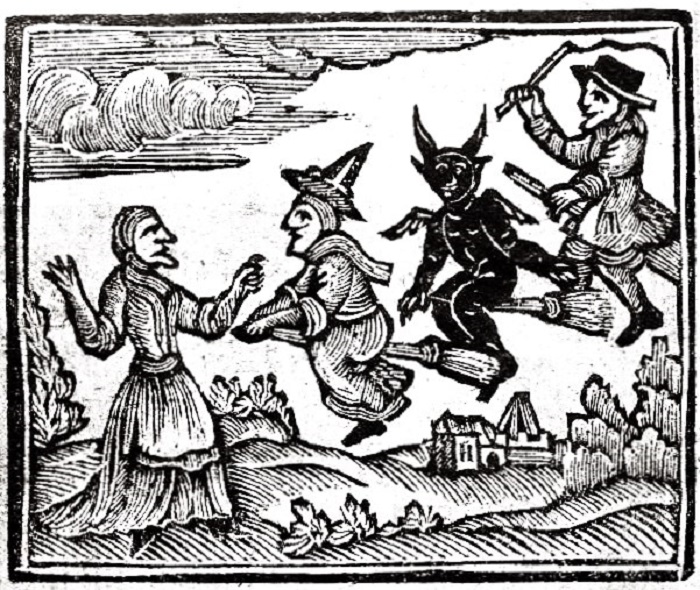 |
HIST 301 ZB - Topics in History: Salem Witchcraft Taught by Dr. Louise Breen People experiencing misfortune or tragedy in colonial New England often feared they might be bewitched; others, disproportionately women, feared being accused of witchcraft. This course examines the theological beliefs, socio-political conditions, and assumptions about gender that brought forth and sustained witchcraft prosecutions in seventeenth-century New England, especially at Salem. |
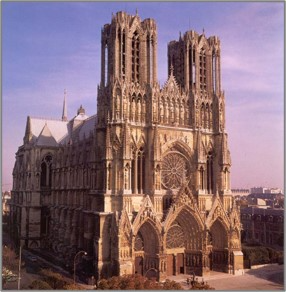 |
HIST 340 - Middle Ages Taught by Dr. David Defries This course is an introduction for all students. It covers not only how professional historians discuss the Middle Ages but also images of the medieval period in popular culture and how they contribute to our sense of the present.
|
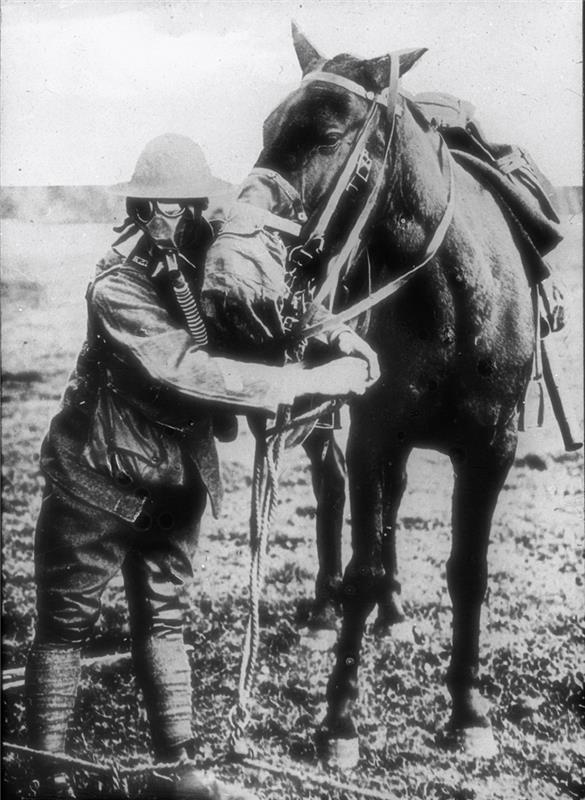 |
HIST 357 / CHM 357 - Chemical Warfare, 1914-Present Taught by Dr. Marjorie Galelli (History) and Dr. Patricia Calvo (Chemistry) This class offers an interdisciplinary look at chemical warfare. Tuesday classes will focus on the history of chemical warfare since the First World War, while Thursday classes will address the chemistry concepts that make such weapons possible. Too often, we discuss chemical weapons in the abstract, this class will encourage students to engage with the actual nature of chemical weapons as a way to help them better understand the implications of their use over the course of the last century. In addition, the class will ask students to think about the ways in which chemical compounds created for benign purposes can be subverted and used as weapons regardless of their creator’s original intent. You can choose to enroll in the class under either its HIST or CHM prefix, depending on which requirements you need to fill. |
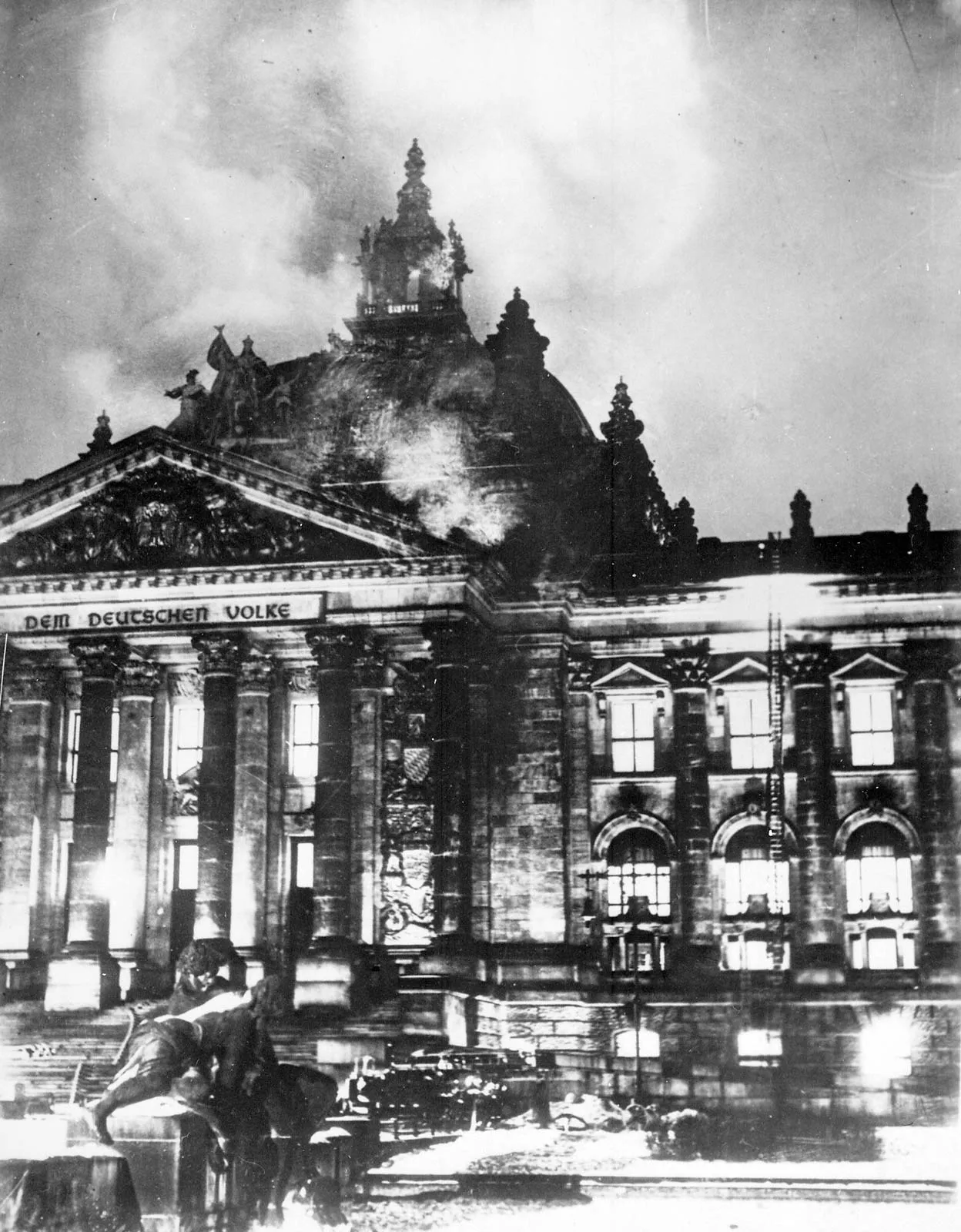 |
HIST 388 - Nazi Germany & the Holocaust Taught by Zane Whitney, GTA Scan the QR code for the course description video
|
None.
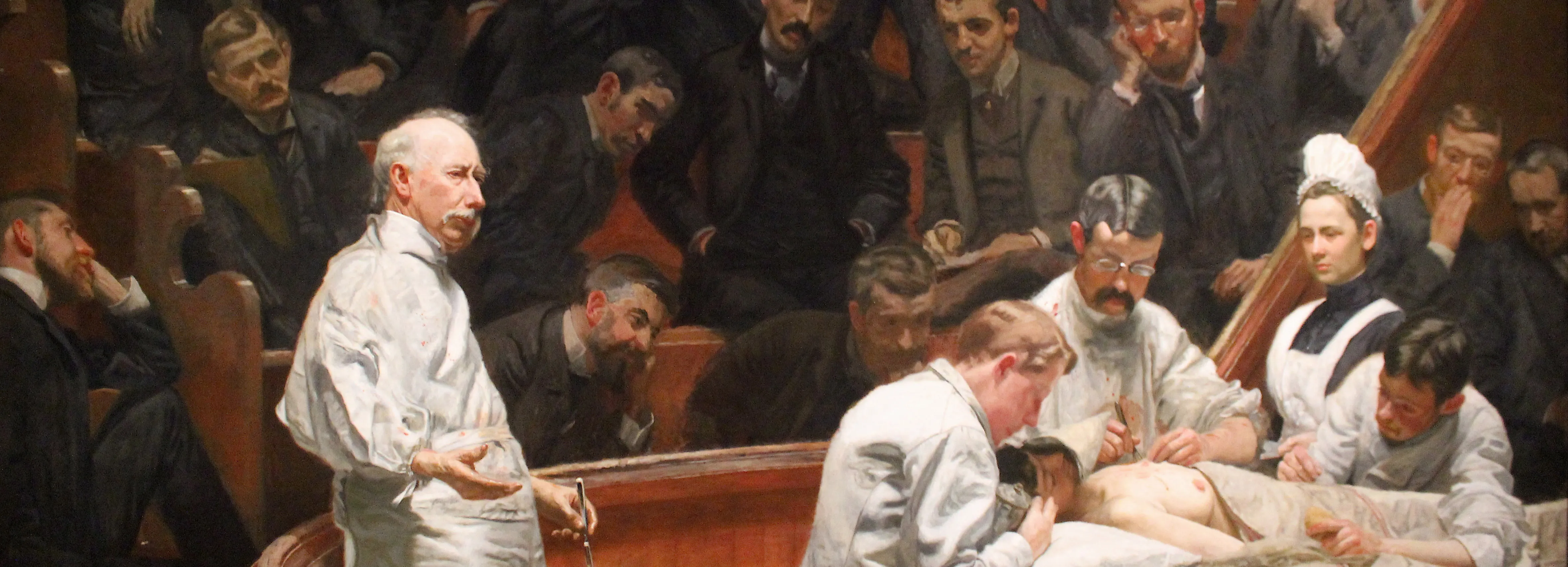 |
HIST 534 - Social History of Medicine Taught by Dr. Heather McCrea This course focuses on the social history of public health, disease, and medicine. Geographically, the course focuses on the Western world. However, the course also integrates regions and peoples from around the globe. After all, disease and human suffering know no boundaries. Thematically, this course highlights class struggle, policymaking, race, ethnicity, sexuality, and gender. Plus, we study fantastic stuff like cholera, TB, STDs, Eugenics, Midwifery, Veterinary Science, and more! |
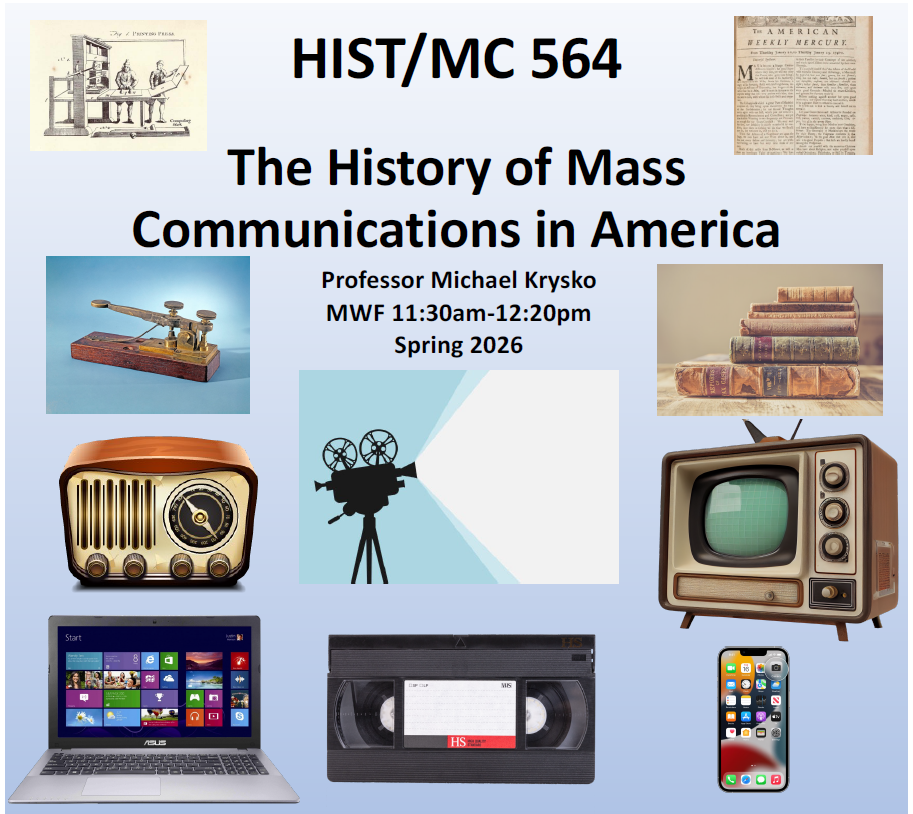 |
HIST 564 - History of Mass Communications in America Taught by Dr. Michael Krysko “The History of Mass Communications in America” explores American mass Newspapers, movies, radio, television, magazines, and the Internet are Also offered as MC 564. |
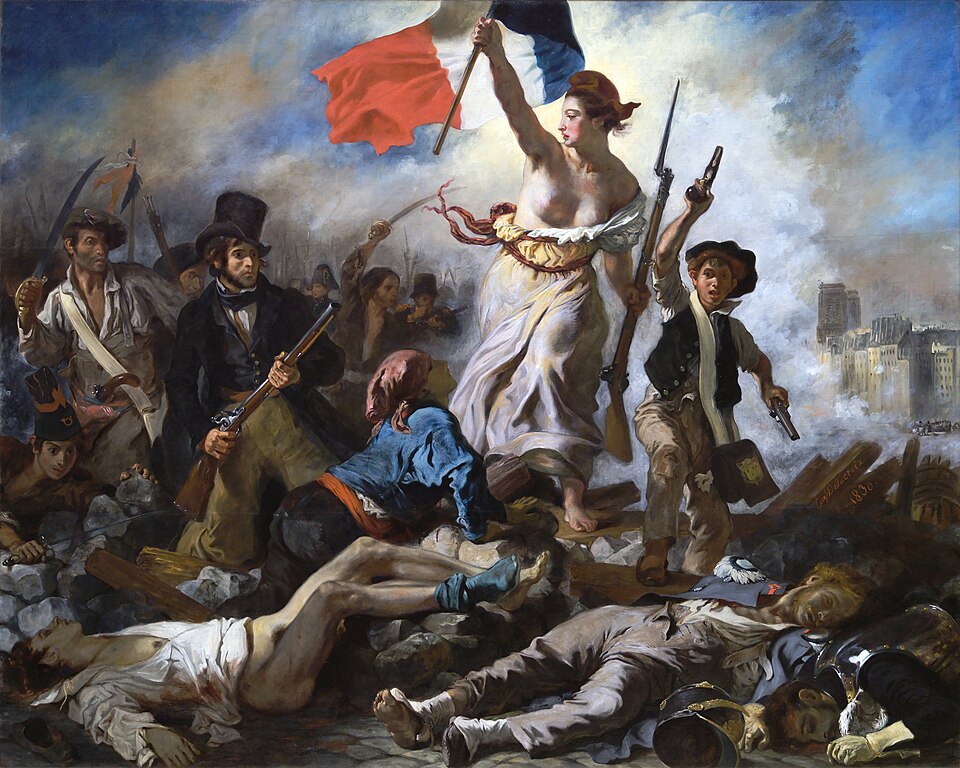 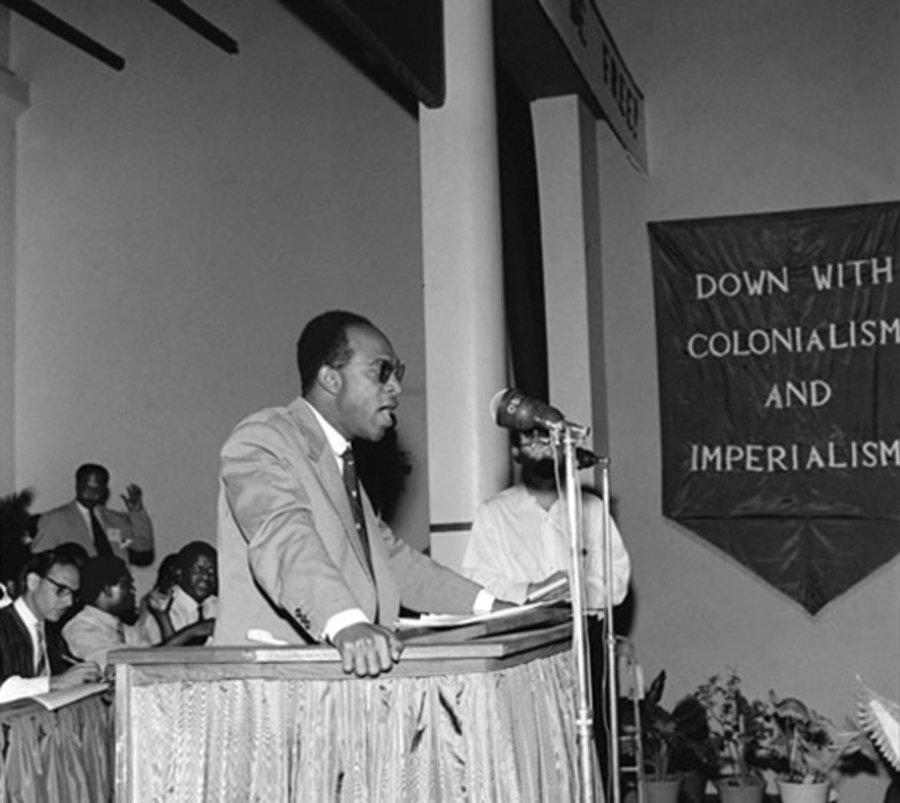 |
HIST 584 - France, 1815-Present Taught by Dr. Eric Brandom This class surveys the history of France and its empire in the 19th, 20th, and even into the 21st centuries. France in these years was both a beacon of emancipatory universalism and an active imperial power. In this class, we will examine the practical realities of this contradictory situation as well as reading those who tried to make sense of it, from Tocqueville to Fanon. |
|
HIST 586 A - Advanced Seminar in History Taught by Dr. Louise Breen |
|
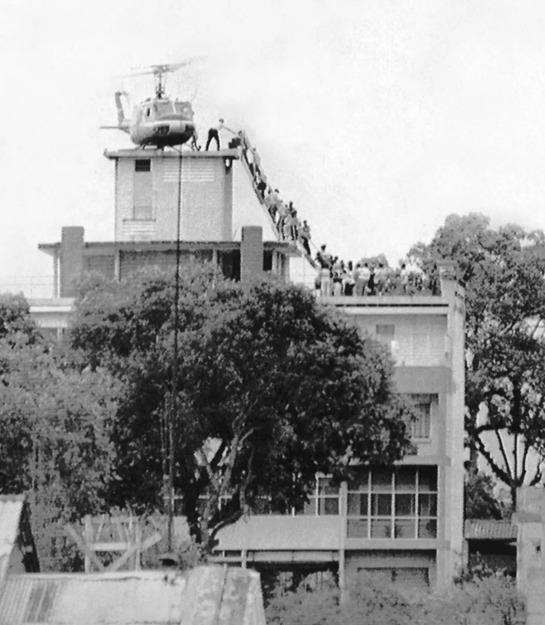 |
HIST 593 - The Vietnam War Taught by Dr. Marjorie Galelli The Vietnam War is one of the most consequential events of the 20th century. It lasted over a quarter of a century--from the end of WWII all the way to 1975--and its ramifications are still felt today. In this class, we will look at the war from several perspectives. We will analyze the war's impact on the battlefield, servicemembers, and the military at large, but also on the home front. We will look at themes as wide ranging as the ecological impact of the war, the role of airpower, anti-war protests in the United States, guerilla warfare, representations of the conflict in popular culture, and much more. |
Full History Course list HERE
Major or Double-Major: View the current Major and Double-Major requirements or contact Kathy Lillich for more information.
If you are curious how a course you have taken meets the requirements, check out our updated Courses by Category breakdown.
